When you hear “high-calorie,” your mind might instantly jump to guilt-ridden indulgences and expanding waistlines. But here’s the twist—not all calories are created equal.
Some calorie-packed foods are nothing but empty temptations loaded with sugar, fat, and regret. Others, however, are nutrition powerhouses, fueling your body with essential vitamins, healthy fats, and energy that lasts.
In this guide, we’ll split the high-calorie world into two camps: the ones sabotaging your health goals and the ones secretly helping them. You’ll discover 12 calorie bombs to avoid at all costs—and 12 high-calorie foods that deserve a spot in your daily diet.
Ready to clean up your plate without sacrificing flavor or satisfaction? Let’s separate the health villains from the heroes.
1. Deep-Fried Fast Food
Golden, crispy, and utterly irresistible—that’s the allure of deep-fried fast food. However, beneath the tantalizing crunch lies a cocktail of trans fats and sodium. These foods, like onion rings or fries, are calorie bombs without much nutritional value.
Each bite is a step towards expanding your waistline rather than nourishing your body.
Moreover, the addictive nature of these foods means you might find yourself reaching for seconds or thirds. The convenience and taste often overshadow the hidden health risks.
Next time you’re tempted, consider the calorie count and the long-term impact on your health. A small indulgence can easily become a habit, leading to unwanted weight gain and health issues.
2. Sugary Baked Goods
Freshly baked and sugar-glazed, sugary baked goods like donuts and muffins are a delight for the taste buds. Yet, these sweet treats are loaded with refined carbs and oils that can spike your blood sugar. Their inviting aroma often masks the health risks associated with excessive consumption.
While they’re perfect for an occasional treat, relying on them as a daily snack can significantly impact your overall health. Instead of feeling full, these goods leave you craving more, a testament to their addictive nature.
When the craving hits, consider healthier alternatives or homemade versions where you control the ingredients. Ultimately, moderation is key to enjoying these tempting delights without compromising your health.
3. Ice Cream
Nothing says indulgence like a scoop of rich, creamy ice cream on a hot day. However, this sweet delight often harbors a surprising amount of saturated fat and sugar. What appears to be a small treat can rival the caloric content of a full meal.
The temptation of ice cream lies in its flavor variety, making it hard to resist. But, frequent indulgence can lead to unexpected weight gain and health concerns.
To enjoy ice cream responsibly, consider portion control or opt for versions with less sugar and fat. You can still savor the taste without the guilt, ensuring that your sweet tooth doesn’t derail your health goals.
4. Potato Chips
Crisp, salty, and oddly satisfying—potato chips are a go-to snack for many. Yet, their addictive nature often leaves you munching on more than you intended. The problem? These snacks offer negligible nutritional benefits but pack a punch in terms of calories and unhealthy fats.
One chip leads to another, and suddenly the whole packet is empty. It’s a testament to their cleverly engineered taste and texture.
Instead of reaching for another bag, consider snacking on alternatives like air-popped popcorn or vegetable chips. Moderation and mindful eating can help curb the craving without compromising your health.
5. Cream-Based Pasta Dishes
Rich, creamy, and irresistible—cream-based pasta dishes like fettuccine Alfredo are a dinner favorite. But beware, a single serving can exceed over 1,000 calories due to its high saturated fat content. It’s a dish that satisfies the palate but not the health-conscious.
The allure of such dishes lies in their decadent, comforting nature. It’s easy to overindulge, especially when dining out.
To enjoy pasta without the guilt, opt for tomato-based sauces or moderate the portion size. This way, you can still relish the taste while keeping an eye on your health and waistline.
6. Processed Meats
Sizzling sausages and deli meats may seem like convenient protein options, but they’re packed with hidden pitfalls. Processed meats such as hot dogs and salami are rich in fat, salt, and preservatives, which can be harmful over time.
These meats are often linked to increased health risks when consumed frequently. The convenience they offer comes at a nutritional cost.
Consider opting for leaner, unprocessed meats or plant-based alternatives. These choices offer healthier nutrients without the extra calories and long-term health risks associated with processed varieties.
7. Cheesecake
Decadent, creamy, and oh-so-tantalizing—a slice of cheesecake is a dessert that’s hard to resist. However, with its mix of sugar, cream cheese, and buttery crust, a single slice can easily contain 400–500 calories.
While perfect for special occasions, regular indulgence can lead to unwanted calorie intake. The richness that makes cheesecake so delicious also makes it a calorific treat.
To enjoy cheesecake in moderation, consider sharing a slice or choosing lighter versions. This way, you can indulge while keeping your calorie count in check.
8. Buttery Popcorn (Movie Theater Style)
Popcorn can be a healthy snack, but movie theater style popcorn is a different story. Drenched in fake butter and salt, it turns into a high-calorie treat. Each handful adds up, making it easy to consume more calories than intended.
The aroma of freshly popped popcorn coupled with the movie experience is hard to resist. Yet, it’s important to be mindful of its calorie content.
Consider air-popped popcorn or smaller servings to enjoy this classic snack without overindulging. This way, you can still relish the movie experience without compromising your health.
9. Sugary Breakfast Cereals
Brightly colored and sweetly satisfying, sugary breakfast cereals might seem like a fun start to the day. However, many are closer to dessert than breakfast, with sugar levels rivaling candy bars.
These cereals may seem convenient, but they offer little in terms of nutritional value. The sugar spike they cause can lead to energy crashes later in the day.
Opt for whole-grain cereals or oatmeal for a healthier breakfast choice. This way, you can begin your day with sustained energy and nutrition, steering clear of unnecessary calories.
10. Energy Bars
Packaged as health foods, some energy bars are just candy bars in disguise. Despite their healthy packaging, they often contain high sugar levels, palm oil, and artificial flavors.
These bars are marketed for convenience, but their nutritional content can be misleading. They may provide a quick energy boost, but it’s often followed by a sugar crash.
Seek out bars with natural ingredients and no added sugars for a genuinely healthy snack. This way, you can enjoy the convenience without the health risks.
11. Pizza with Extra Cheese & Meats
With its gooey cheese and savory toppings, pizza is a universal favorite. However, adding extra cheese and meats like pepperoni or sausage turns each slice into a calorie explosion.
While delicious, such pizzas can easily exceed 300–400 calories per slice, depending on the toppings. This makes it a dish best enjoyed in moderation.
Consider choosing veggie toppings or a thin crust to reduce calorie intake. Enjoying pizza responsibly allows you to savor its taste while keeping your health goals in check.
12. Creamy Salad Dressings
A vibrant salad can quickly turn calorie-laden with the addition of creamy dressings like ranch or Caesar. Just two tablespoons can add up to 200 calories.
These dressings transform a healthy meal into a calorie-rich dish, overshadowing the benefits of the greens underneath.
Opt for vinaigrettes or use dressing sparingly to keep salads nutritious. This way, you can enjoy flavorful salads without compromising on health.
13. Avocados
Avocados are nature’s butter, rich in heart-healthy fats and fiber. Known for their creamy texture and mild flavor, they support brain health and keep you feeling full for longer periods.
These green gems are more than just a trendy toast topping. They aid in nutrient absorption and provide essential vitamins and minerals.
Incorporating avocados into your diet can enhance both flavor and nutrition in a variety of dishes, from salads to smoothies.
14. Nuts (Almonds, Walnuts, etc.)
Crunchy, satisfying, and nutrient-dense, nuts like almonds and walnuts are a powerhouse of healthy fats, protein, and fiber. Despite being calorie-dense, they offer essential nutrients and antioxidants.
Portion control is key; a small handful provides ample nutrition without overdoing the calories. Their versatility makes them a perfect snack or meal addition.
Incorporating nuts into your diet can support heart health and provide sustained energy throughout the day.
15. Nut Butters (Natural)
Creamy and rich, natural nut butters like peanut or almond butter offer protein and healthy fats without the added sugars found in processed spreads. They’re a nutritious choice that satisfies both hunger and taste.
These spreads are excellent for fueling workouts or simply enjoying as a snack. While calorie-dense, their nutritional benefits far outweigh the caloric content.
Moderation is essential—spread it on whole-grain toast or blend it into smoothies for a balanced and delicious addition to your diet.
16. Olive Oil
Golden and aromatic, extra virgin olive oil is a staple of the Mediterranean diet. Known for its anti-inflammatory properties, it’s rich in antioxidants and beneficial for heart health.
Using olive oil in moderation can enhance the flavor and nutrition of your meals. Its versatility makes it perfect for drizzling over salads or cooking savory dishes.
Incorporate this healthy oil into your diet for its numerous health benefits and delicious taste.
17. Dark Chocolate (70%+)
Luxurious and slightly bitter, dark chocolate with 70% or more cocoa is a delight for the senses. It’s packed with antioxidants, iron, and magnesium, making it a healthier indulgence.
A small piece can curb cravings while providing a dose of essential nutrients. Enjoy it as a treat, but be mindful of portion sizes.
Including dark chocolate in your diet can satisfy your sweet tooth while offering health benefits.
18. Quinoa
Quinoa is a supergrain that stands out for its nutritional profile. It’s a complete protein, containing all nine essential amino acids, and is rich in fiber.
This versatile grain is perfect as a base for salads or a side dish. Its nutrient density makes it a valuable addition to any diet.
Incorporating quinoa into your meals provides long-lasting energy and essential nutrients for a balanced diet.
19. Sweet Potatoes
With their naturally sweet flavor and vibrant orange hue, sweet potatoes are as tasty as they are nutritious. Packed with vitamins A and C, they offer fiber and slow-digesting carbs.
These tubers provide sustained energy and are versatile in culinary applications, from fries to casseroles.
Including sweet potatoes in your meals can enhance both flavor and health benefits, making them a delicious and wise choice.
20. Oats
Warm, comforting, and filling—oats are a breakfast staple for a reason. High in soluble fiber, they help stabilize blood sugar and keep you full throughout the morning.
Oats can be dressed up with fruits, nuts, or spices for a delicious start to the day. Their nutritional benefits make them a perfect choice for sustained energy.
Including oats in your diet ensures a healthy, hearty meal to kickstart your day on the right note.
21. Chia Seeds
Tiny yet mighty, chia seeds are packed with fiber, omega-3s, and protein. These little seeds absorb liquid, creating a gel-like consistency that adds texture and nutrition to meals.
They are perfect for smoothies, overnight oats, or as a pudding base. Their high nutrient content makes them a valuable addition to any diet.
Incorporating chia seeds into your meals can boost your intake of essential nutrients and support overall health.
22. Fatty Fish (Salmon, Mackerel)
Rich in omega-3 fatty acids and protein, fatty fish like salmon and mackerel are excellent for heart, brain, and skin health. Their delicious taste and health benefits make them a favorite among seafood lovers.
These fish are easy to cook and pair well with a variety of seasonings and sides. Their high caloric content is balanced by their nutritional value.
Including fatty fish in your diet can enhance your health and culinary experience alike.
23. Eggs
Eggs are a versatile and nutrient-dense food, offering protein, healthy fats, and essential vitamins. Particularly rich in nutrients like choline, eggs are a staple in many diets around the world.
Whether scrambled, boiled, or poached, they make for a quick and satisfying meal. Their convenient nature and nutritional profile make them a household favorite.
Incorporating eggs into your diet is a simple way to boost your nutrient intake without excessive calories.
24. Full-Fat Greek Yogurt
Creamy and rich, full-fat Greek yogurt is a nutritious powerhouse. Packed with protein and probiotics, it supports gut health and keeps you full longer.
This yogurt variety is perfect as a snack or breakfast addition, offering a satisfying creaminess without excessive added sugars.
Including full-fat Greek yogurt in your diet ensures a balance of taste and nutrition, making it a delicious choice for health-conscious eaters.
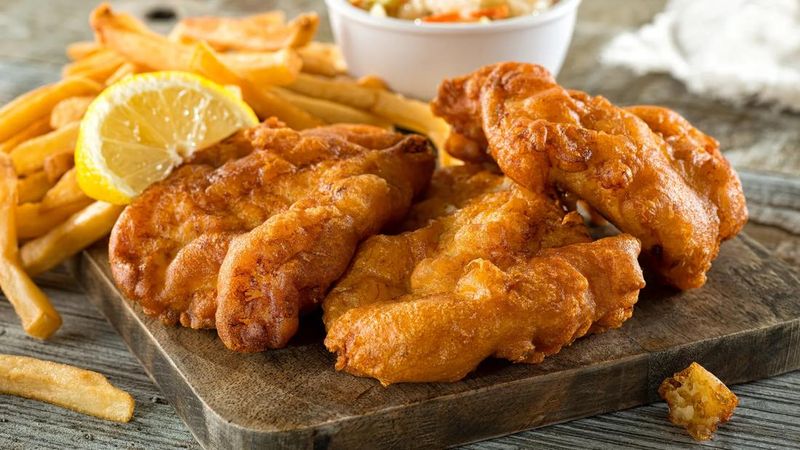
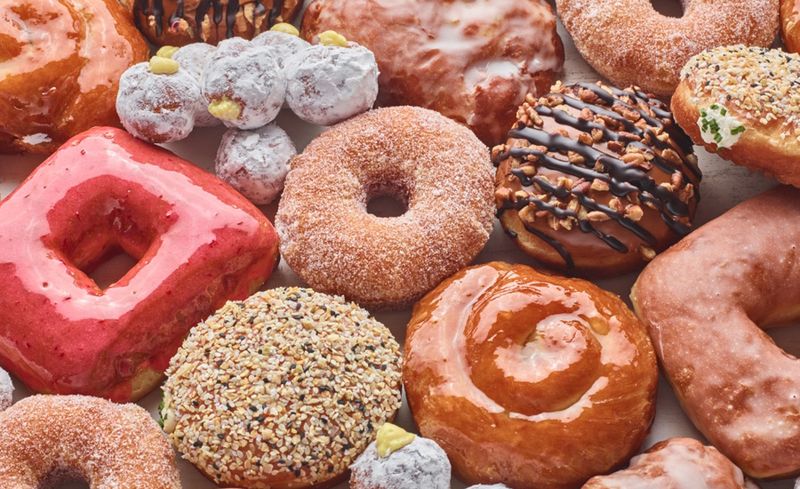
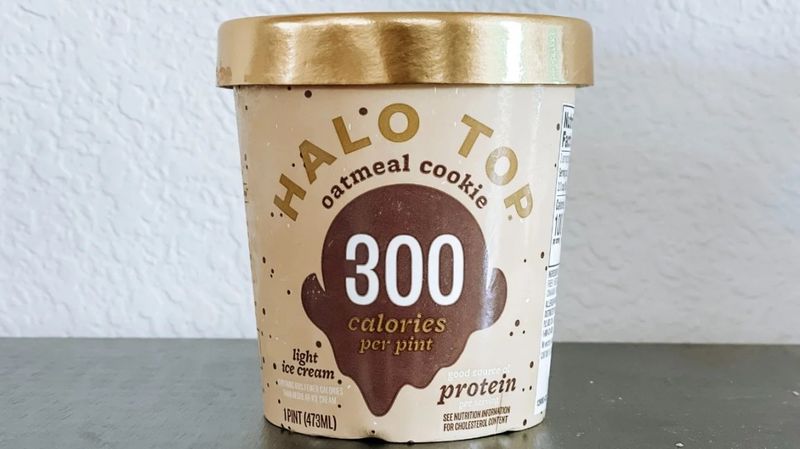
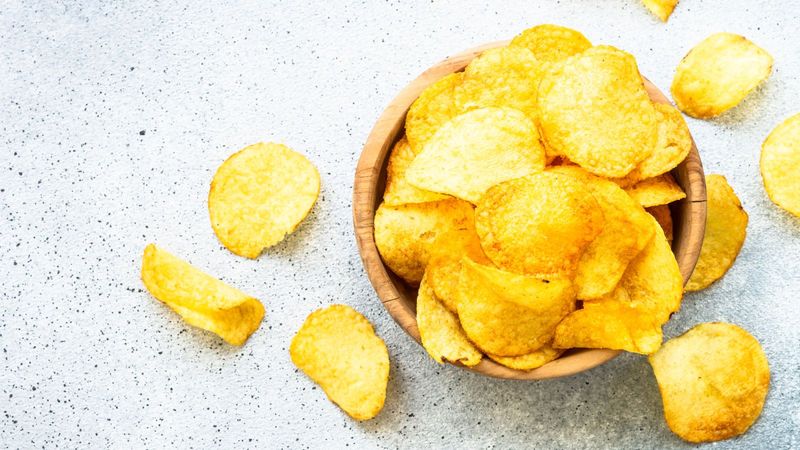
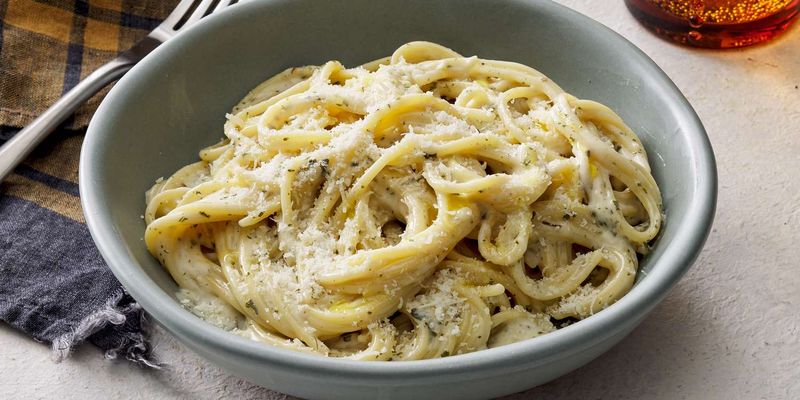


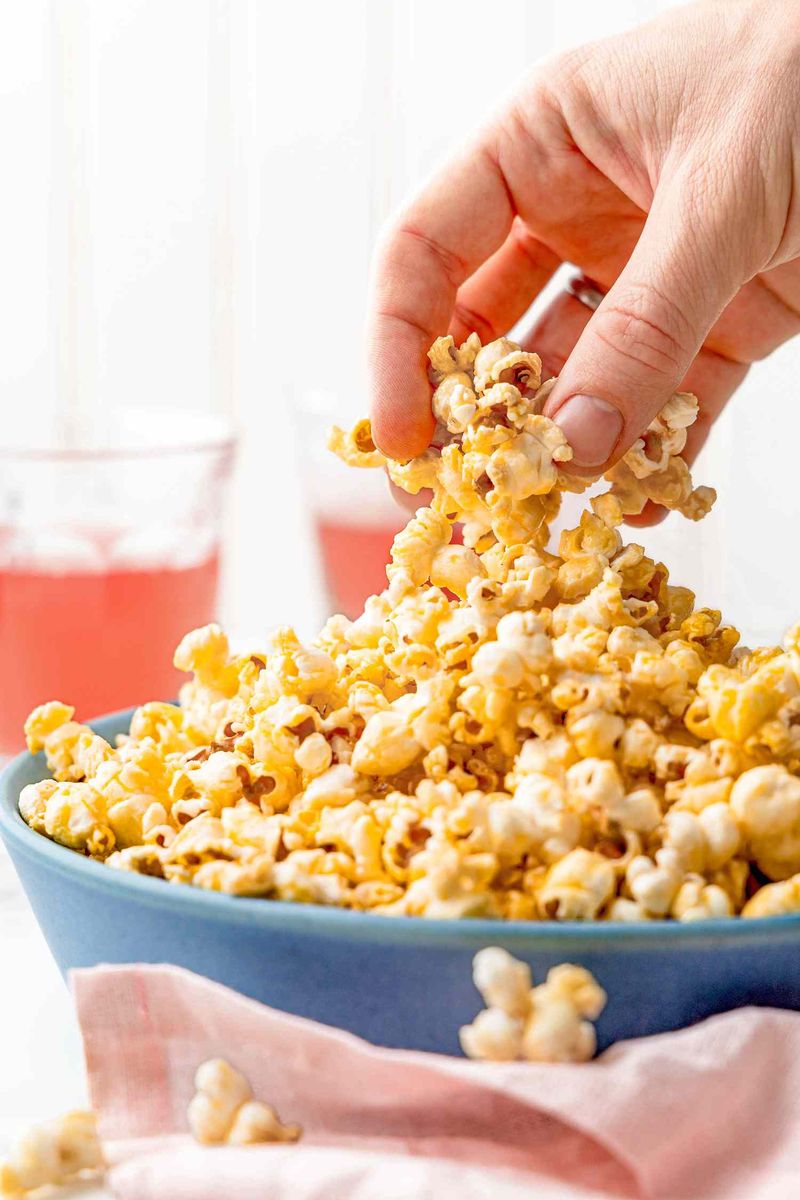
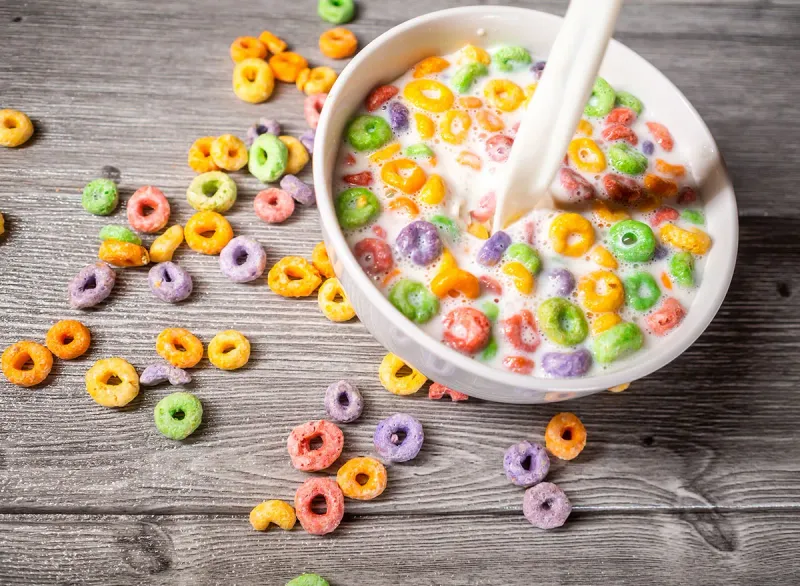


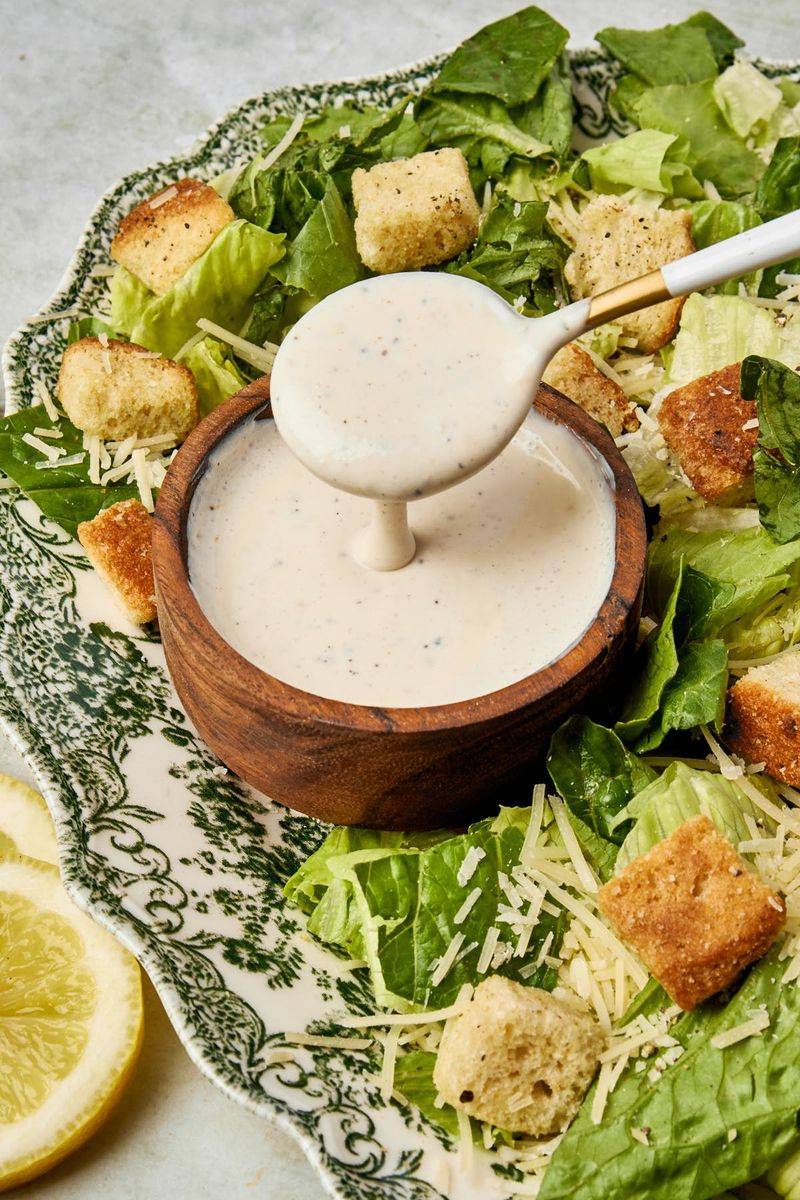
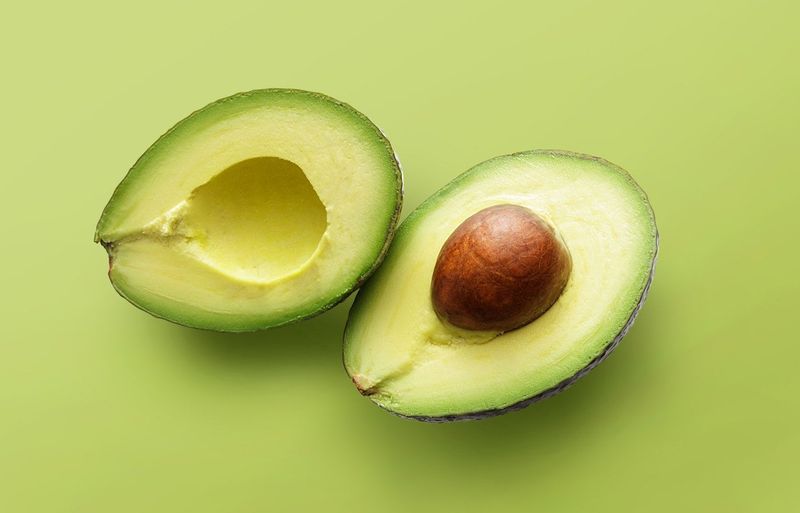
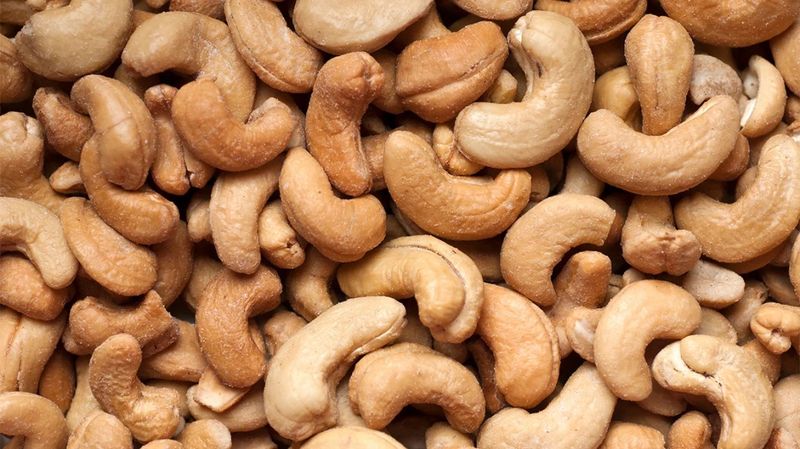
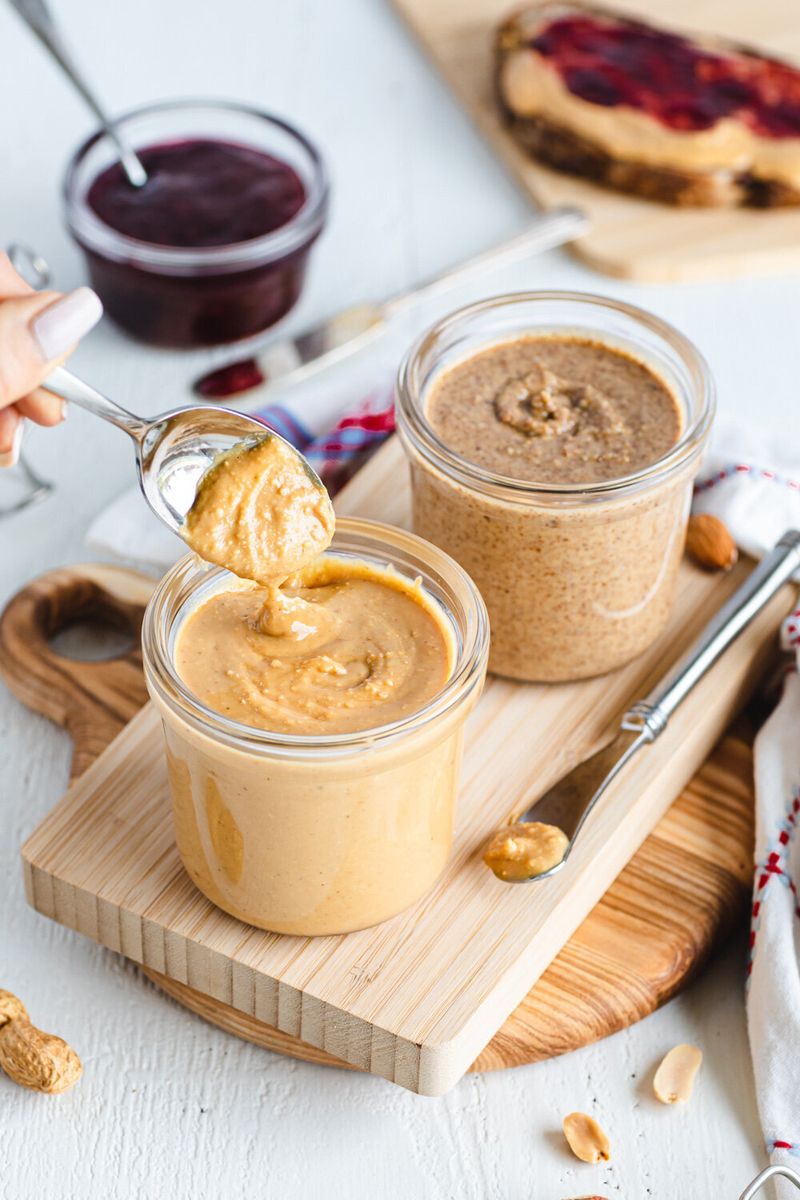

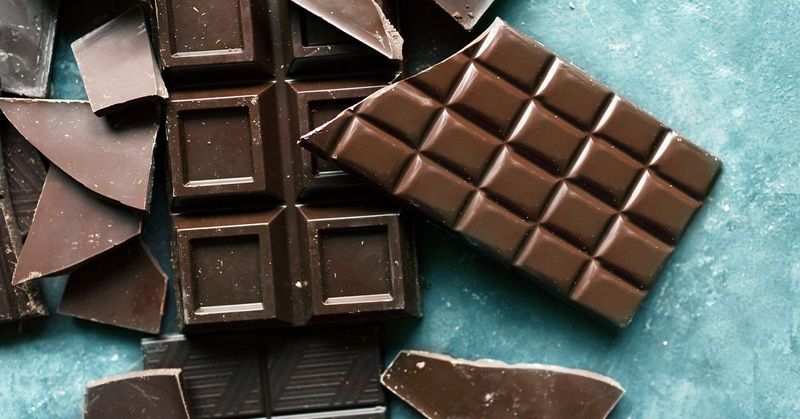
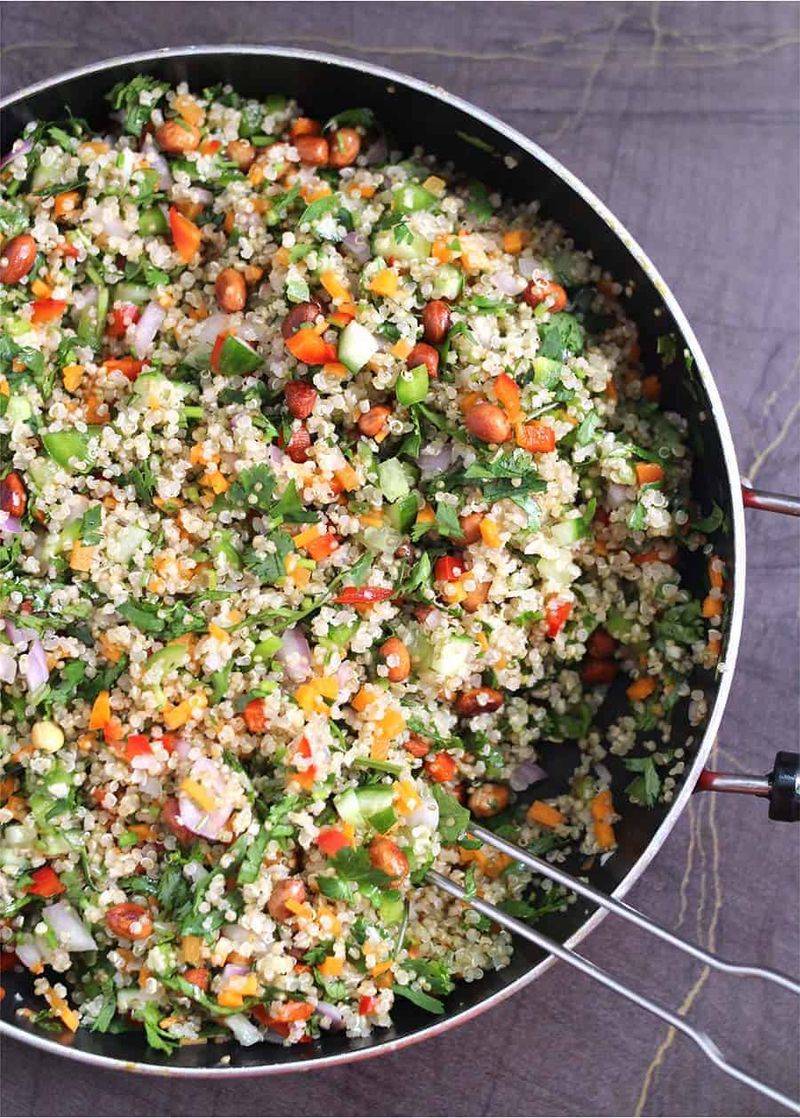
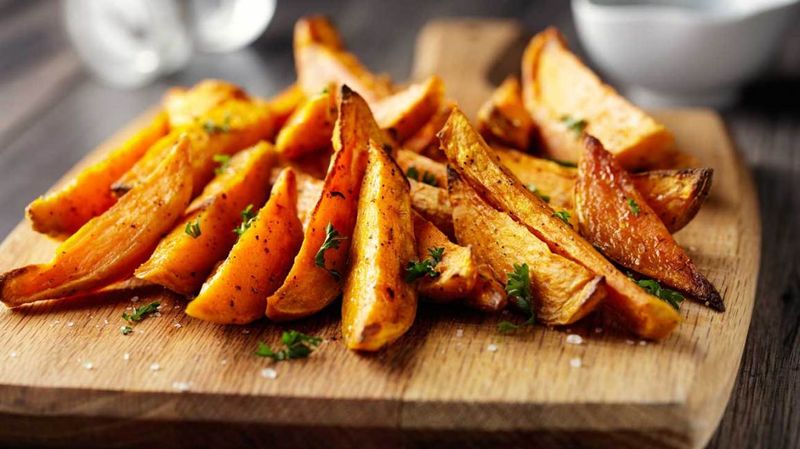
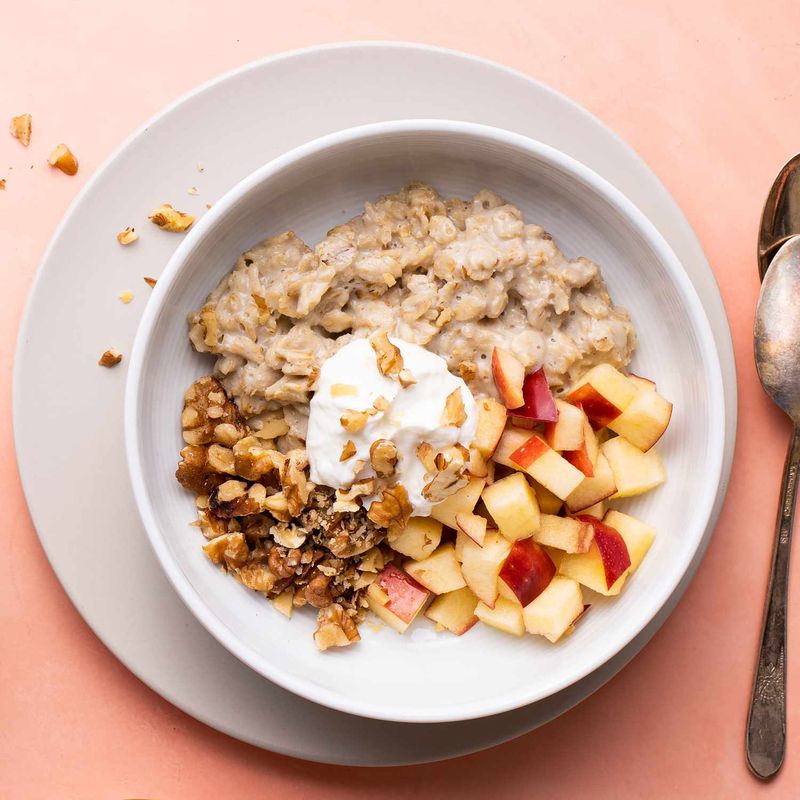
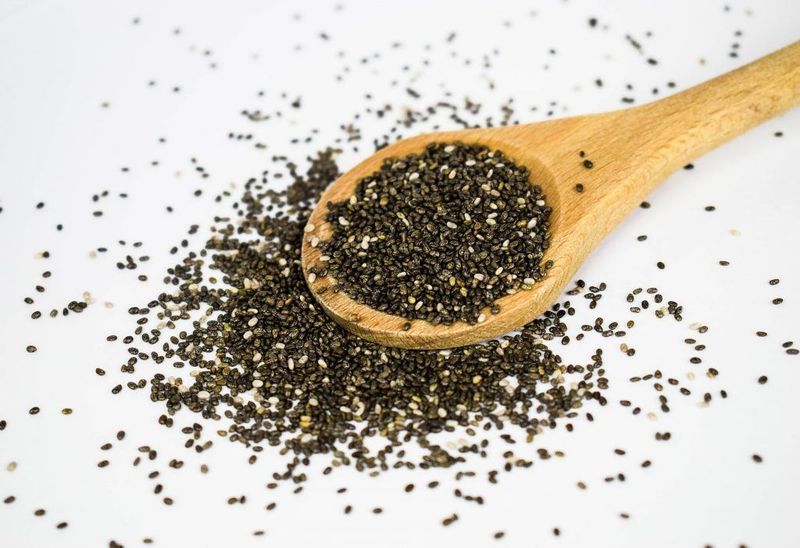
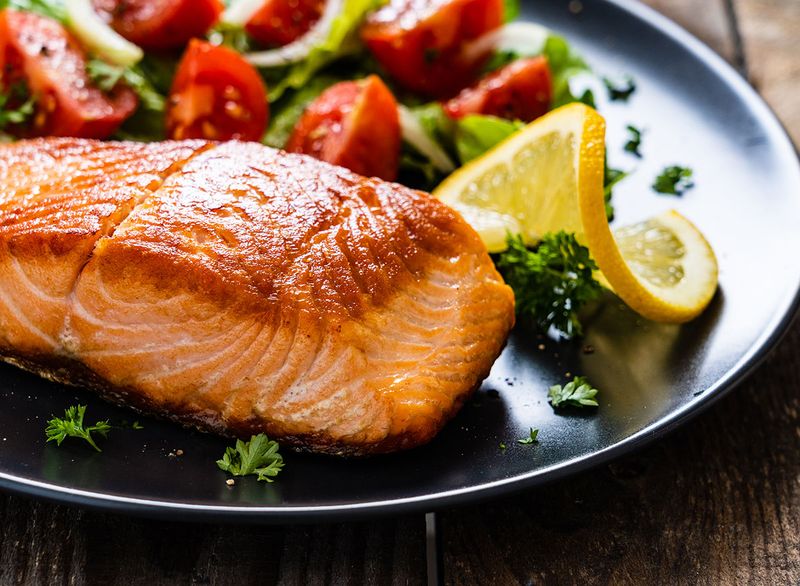

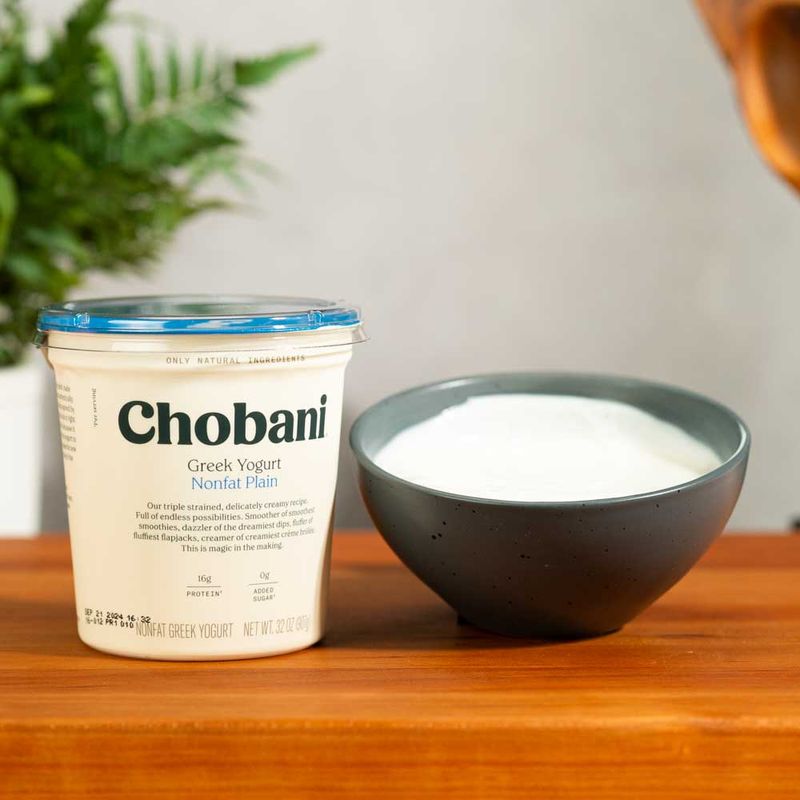
Leave a comment